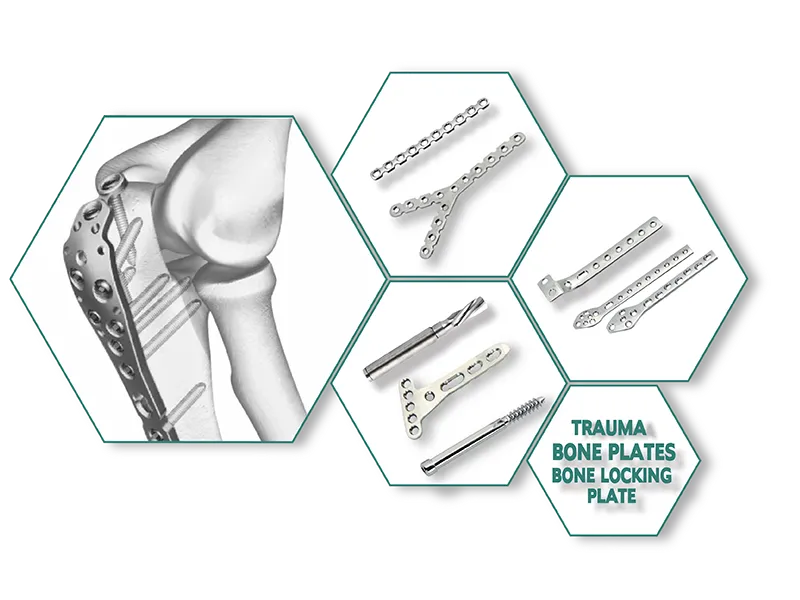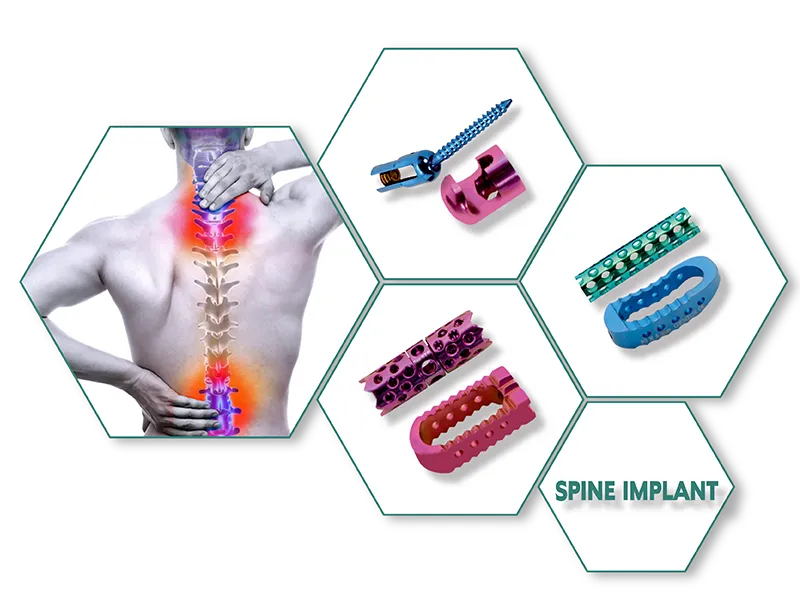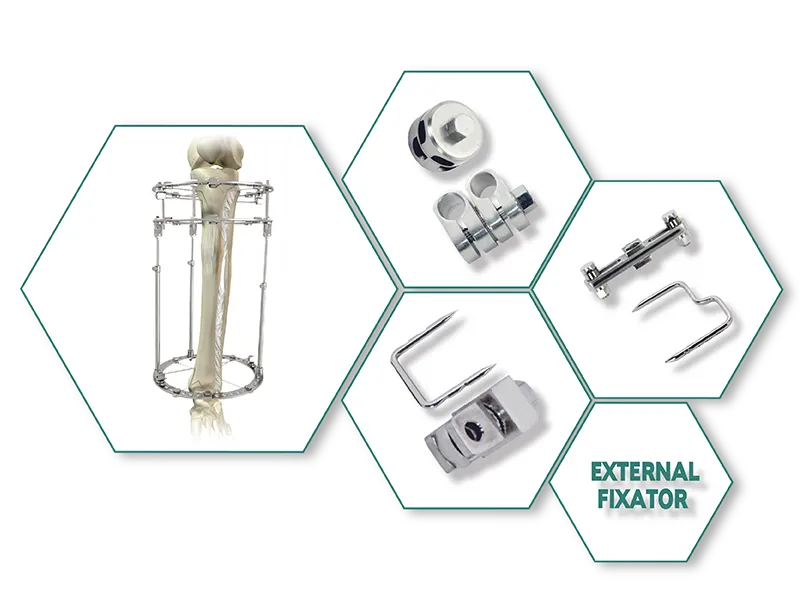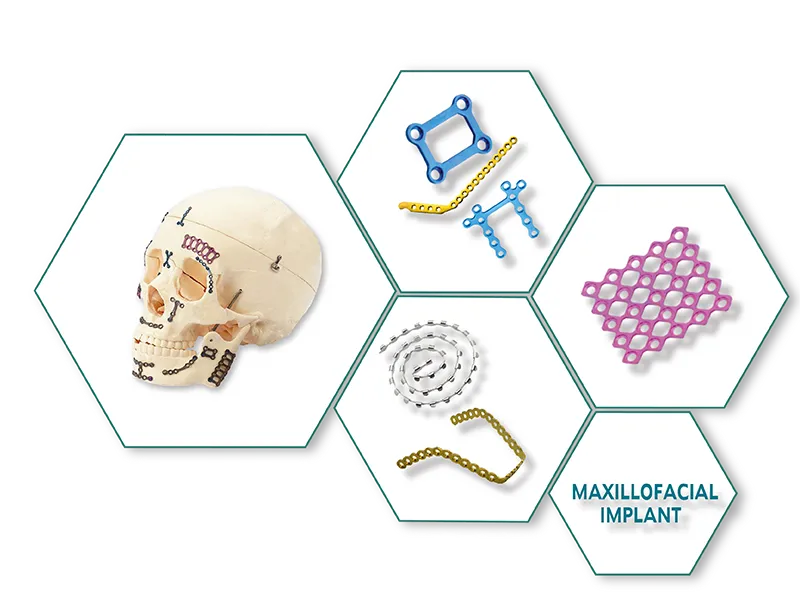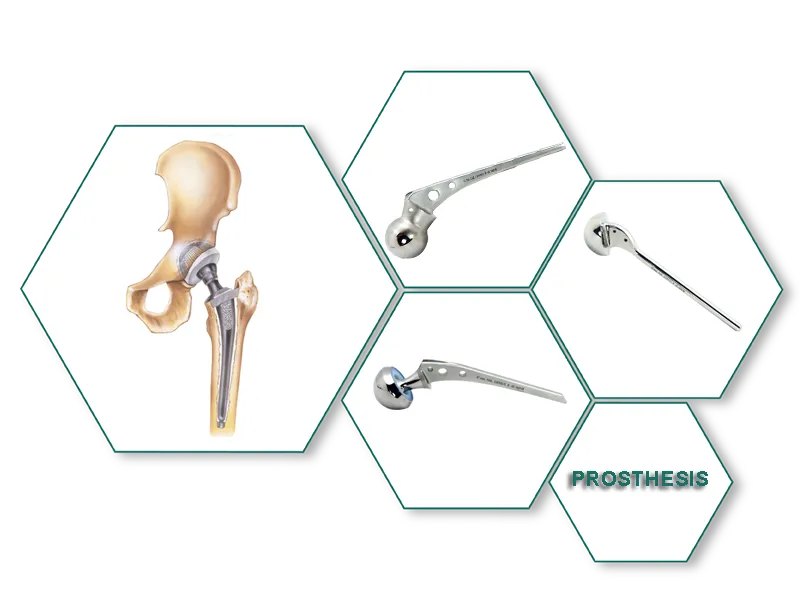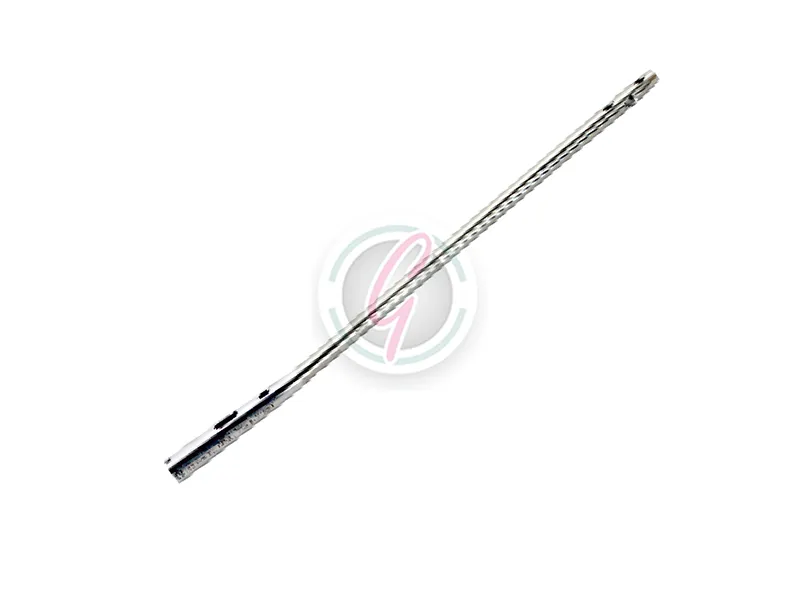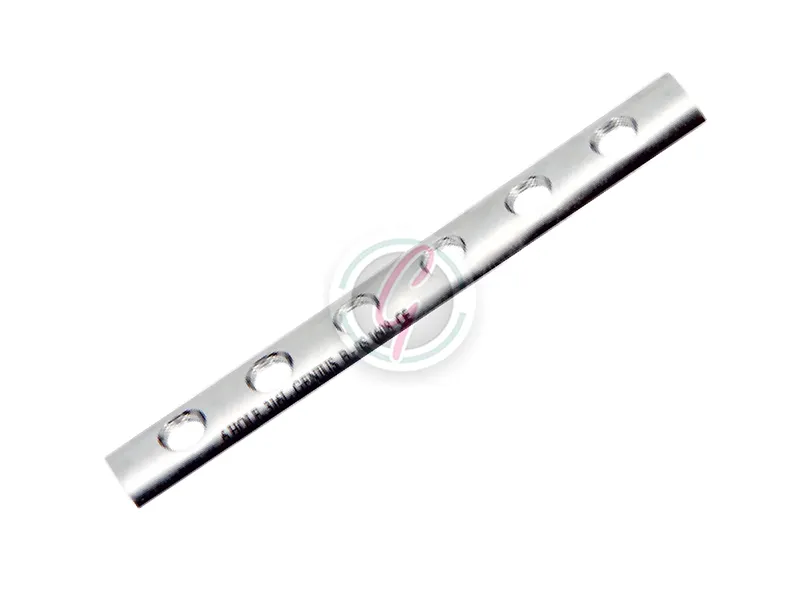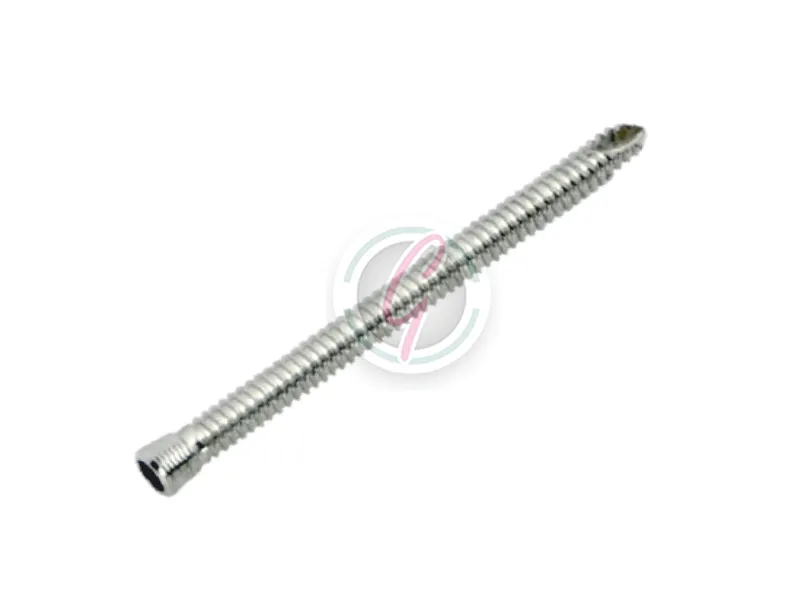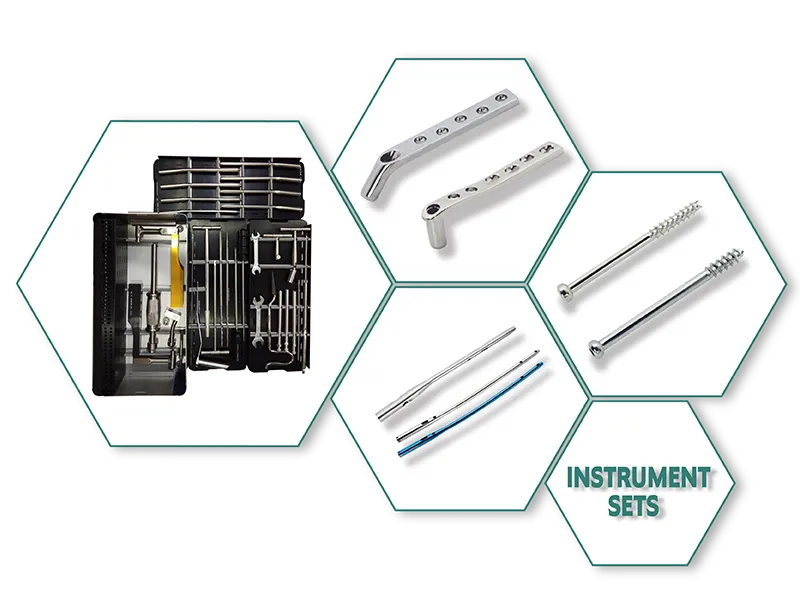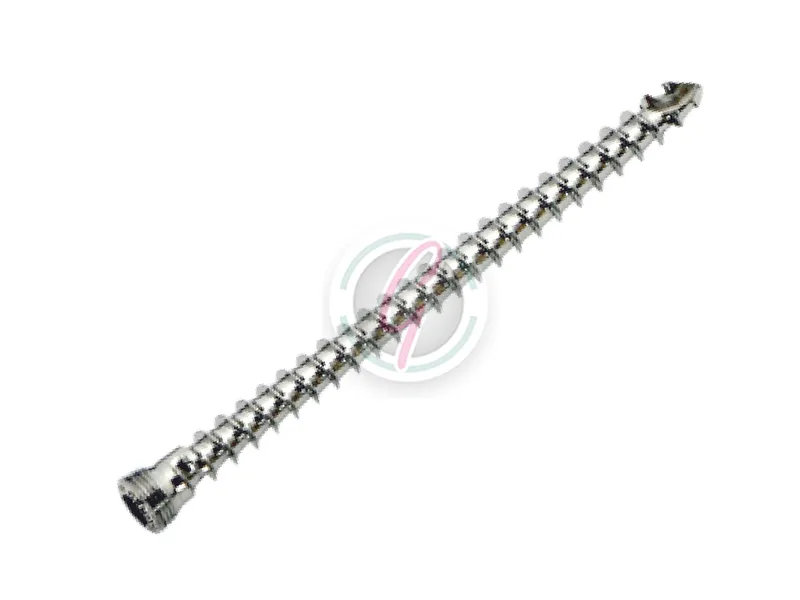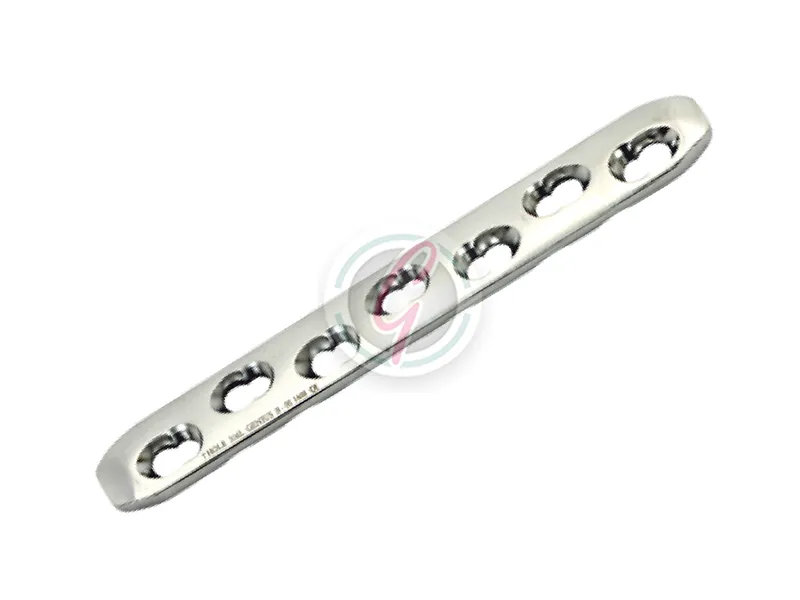Tit Syrus Femur Nail Exporter

Tit Syrus Femur Nail Manufacturer
( Left & Right )
Dia. 9.0 MM , 10 MM , 11 MM , 12 MM
Category:Trauma Implants
TIT SYRUS FEMUR NAIL is an orthopedic implant used for the fixation of femur fractures. It is made up of titanium, which makes it lightweight and strong. The nail is inserted into the medullary canal of the femur and secured with locking screws.
Description
| T.2313.L/R.9.34-12.44 | Length 34 cm To 44 cm |

Inquiry Now
ABOUT US
Genius Ortho Private Limited
Genius Ortho Private Limited was found in 2008 by a group of entrepreneurs after having a decade of experience in the field of orthopaedic implants manufacturing. Genius Ortho Private Limited now is the leading company in India specialize in the Orthopaedics Industry. Genius Ortho Private Limited will always achieve this position by professional pursuing excellence and by dedicating ourselves in improving the quality and serving all our customers.
All implants are exclusively made of Stainless Steel 316L, LVM & Titanium Grade V Ti-6Al-4v-ELI.
Our products of Orthopaedic implants and instruments are not only qualified with the certification of FDA, CE, GMP regulations, but also compliant with ISO Quality Assurance Standards.

